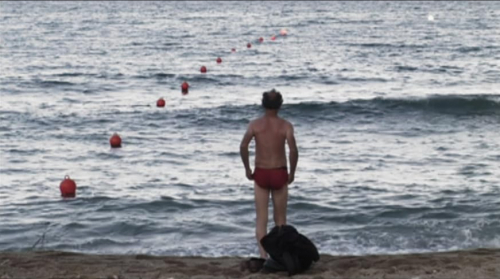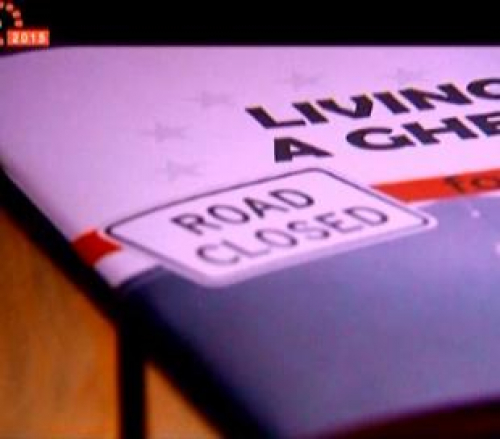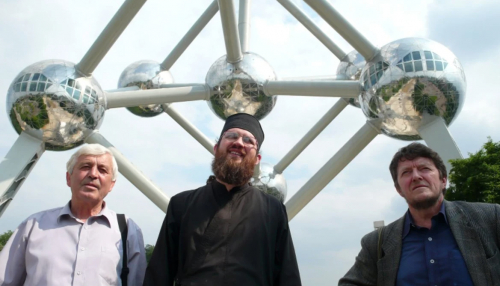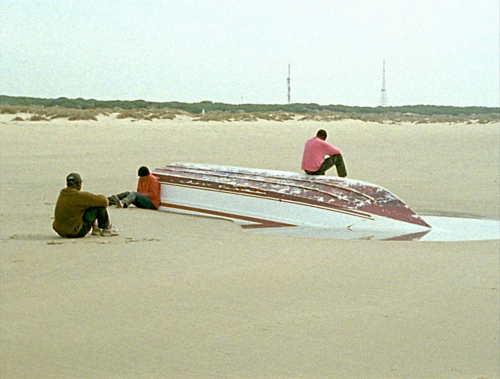Arkiva
EUROPE NEXT DOOR
Europe Next Door
Evropa preko plota
Regjisor/e
Želimir Žilnik
Producent
Marko Cvejić
Kinematografët
Jovan Milinov
Miša Milošević
Editimi
Marin Malešević
Zërimi
Marko Cvejić
Kontakti
<p>Terra film
Futoška 66,
21000 Novi Sad, Serbia
[email protected]</p>
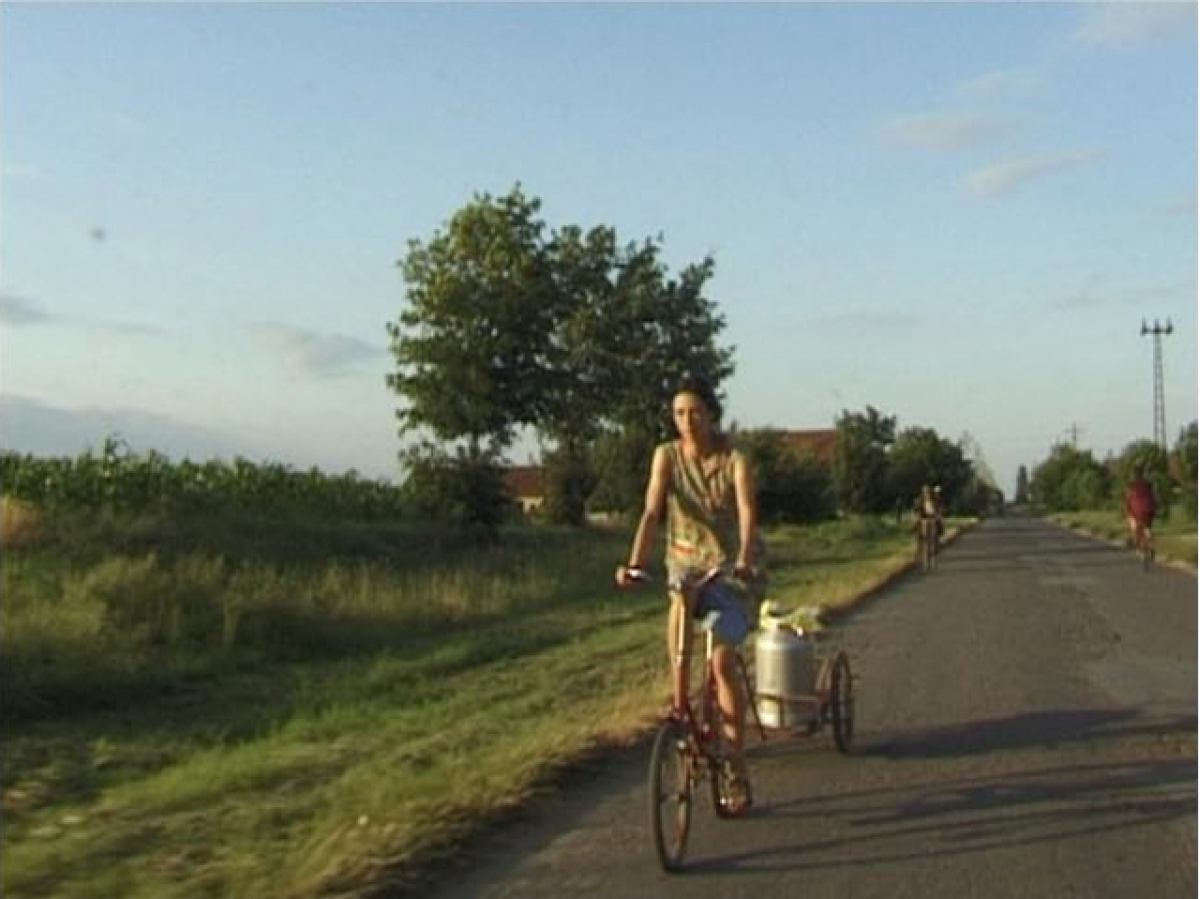
2005
Serbia
61 min
Color
The film follows the effects of the Schengen Agreement on the Hungarian-Serbian border over a period from summer 2004 to spring 2005. In the form of a docudrama, he gives local merchants and farmers an opportunity to talk about their experiences and to show they live and work.
Other films in EUROPE NEXT DOOR
Shfaqjet
No Showtimes
